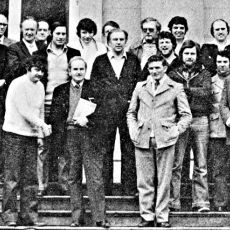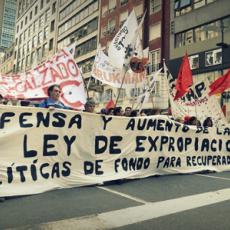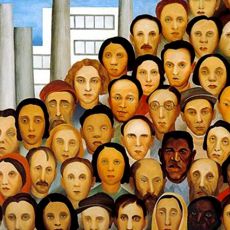Workers' control in Brazil
Throughout the twentieth century, there have been few experiences of self-management in Brazil, usually organized by immigrants at the beginning of the century, or by the Catholic Church in the 1950s. During the 1960s, agricultural cooperatives grew in number however these were experiences mainly led by a business perspective, or supported by the military dictatorship as state policies to oppose popular pressure for land reform.
In the 1980s and 1990s, the economic restructuring and neoliberal policies resulted in the closure of numerous factories and rising unemployment. Several factories were occupied by their employees and after long negotiations, became owned and managed by workers themselves. In 1994, the National Association of Workers Recovering Companies (ANTEAG)was organized to support the various experiments. Workers self-management was perceived as an opportunity to confront rising unemployment, informality and precariousness. Several social movements as unemployed workers, landless and other excluded workers, began to participate in the debate about another possible economy, which had in the Social Forums in Porto Alegre its highest expression. It is from this debate and experiences coupled with the progressive governments public policy supporting the organization of cooperatives that emerged the Solidarity Economy Movement. Since 1999-2000, the Central Workers Union, has established an Agency for Solidarity Development, which along with ANTEAG supports the formation of worker cooperatives, and in 2003, Lula's government has organized the National Bureau of Economic Solidarity .
The economic growth of the late 2000 slowed the movement of recovered factories, which even in previous periods was never flag of the Unions or labor movement. Gradually, Solidarity Economy became just the name for public policy directed to the inclusion of traditionally excluded workers from the labor market, such as garbage and recyclable pickers, rural workers, residents of the periphery, and so on, which are organized into cooperatives. The success of these experiments have been variable depending of the kind of insertion in the market, or in so-called solidarity networks. Overall, are accompanied by support agencies and incubators that provide training courses and management for these enterprises, while they are stabilized. For workers, it has improved working conditions and a more democratic management, despite worker’s difficulties in the practice of self-management and its political underpinnings.





